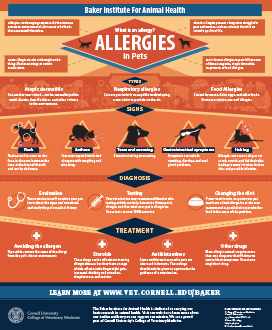Whether your pet dogs hang out at daycare or boarding facilities, they require to be updated on every one of their needed vaccinations. Core vaccinations consist of Bordetella, rabies and DA2PP, which guard against usual illness that dogs are subjected to when in close contact with others.
Non-core vaccinations include canine flu and leptospirosis shots. These are recommended for puppies that join other pet dogs frequently.
Core Injections
As a crucial part of precautionary treatment, canine vaccinations help keep pets safe from contagious conditions transmitted with straight call or infected surface areas. Vaccinations boost the body immune system to develop antibodies that battle condition, and a lot of veterinarians think about core pet dog injections to be vital for all family pets.
Rabies
Many credible pet dog day care facilities require that your pet be up to day on their rabies inoculation. Inoculations are provided to young puppies as early as 12-16 weeks old, and boosters are needed every three years or two until the adult years. Rabies is a fatal viral disease that spreads out through saliva, commonly from attacks. Many states call for rabies vaccinations for all dogs and felines, and some even mandate rabies boosters for pet dog owners.
Distemper/Parvovirus/Adenovirus (DHPP).
This mix injection covers canine distemper, parvovirus, hepatitis, and adenovirus, every one of which are highly transmittable. Many vet offices offer DHPP injections as one shot or in a series of 2 to four shots, provided 2-4 weeks apart, followed by a yearly booster. This vaccine is a need for many boarding and dog daycare centers, as well as several groomers.
Bordetella/Canine Parainfluenza Vaccine.
Bordetella bronchiseptica, generally known as kennel coughing, is a very transmittable respiratory infection brought on by the bacteria that triggers the disease. Signs consist of consistent coughing, sneezing, nasal discharge, and high temperature. Many kennel coughing episodes occur in jampacked settings, such as day care or boarding centers, and are specifically common in warmer climate. This vaccine is a demand for the majority of day care and boarding centers, and is often used in a mix with the DHPP vaccine.
Leptospirosis Injection.
This is a bacterial condition that spreads with infected water, soil, and urine. Infection can trigger kidney and liver damages, as well as fatality, and is transmissible boarding a dog near me to human beings. Most vets will certainly recommend this vaccine, based upon geographical location and way of life of the pet, for pet dogs that hang around outdoors or at boarding facilities, in addition to some groomers. This vaccination is usually administered as a series of 2 to 4 shots, spaced 2-4 weeks apart, with an annual booster required for a lot of pet dogs.
Lyme Disease Vaccine.
The most usual tick-borne condition in the United States, Lyme disease is transferred by the deer tick and can lead to high temperature, joint discomfort, muscle discomfort, and anorexia nervosa. The Lyme condition vaccination protects against the most common strains of the virus, consisting of the H3N8 and H3N2 stress. Many vet centers advise this vaccination, particularly in high-risk areas, such as the Northeast, upper Midwest, Mid-Atlantic, and along the Pacific coastline.
Noncore Vaccines.
Other pet dog vaccinations, while not essential for all pet dogs, are recommended based on the dog's lifestyle and geographical location. These include the following:.
